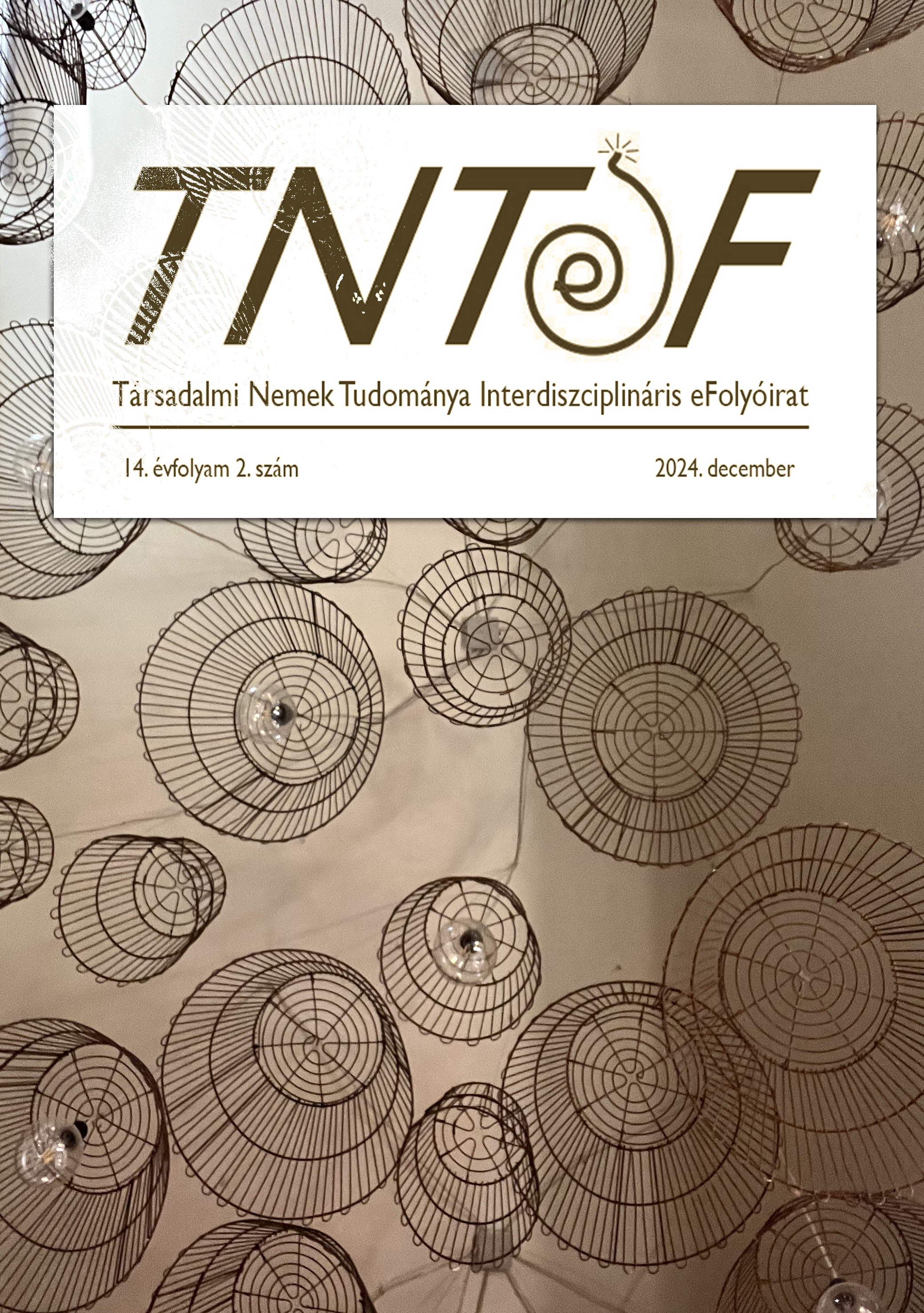The Problem of Educating Egyptian Muslim Women at the Turn of the 19th and 20th Century: The Liberation of Women (1899) and The New Woman (1900) by Qasim Amin
Main Article Content
Abstract
Qasim Amin (1863-1908) is one of the most controversial thinkers in the history of modern Egypt. He is part of the second generation of Nahda thinkers, for whom tradition and modernity were puzzling issues, and in whose work the past is re-examined in search of authenticity in the face of change. His two books, The Liberation of Women (1899) and The New Woman (1900) discusses women’s role in terms of their possible contribution to the nation-in-the-making. He articulates a new understanding of Woman within a society about to enter the capitalist world system as an independent nation. Speaking from a rational, detached perspective to analyze Egyptian women’s behavior, he actively embarks on presenting their social existence as valueless and nefarious. Simultaneously, as a solution, he posits bourgeois Western norms of femininity as not only desirable, but as the surest and only route for national progress. The means to achieve such a remaking is education, one that, in his formulation, imposes a specific gendering process that would produce an “educated” Egyptian woman closer in value to her Egyptian male counterpart. Ultimately, she would help produce a nation equal to its Western counterpart.

